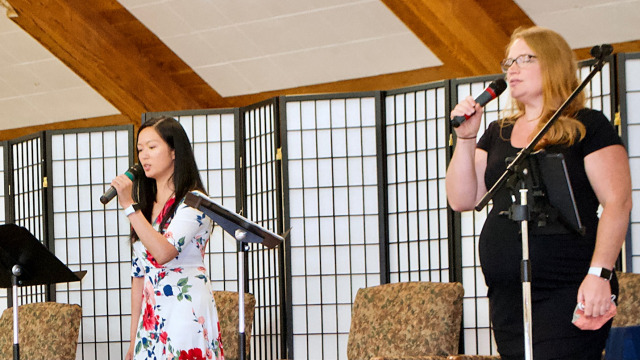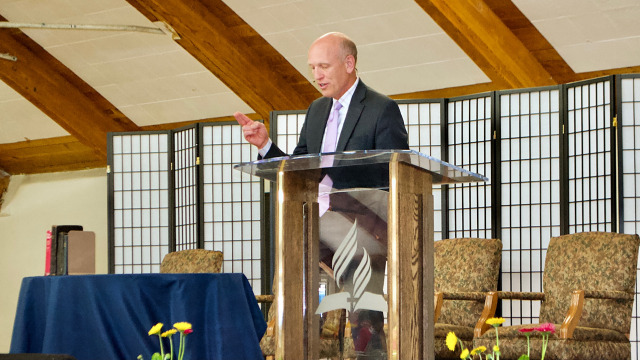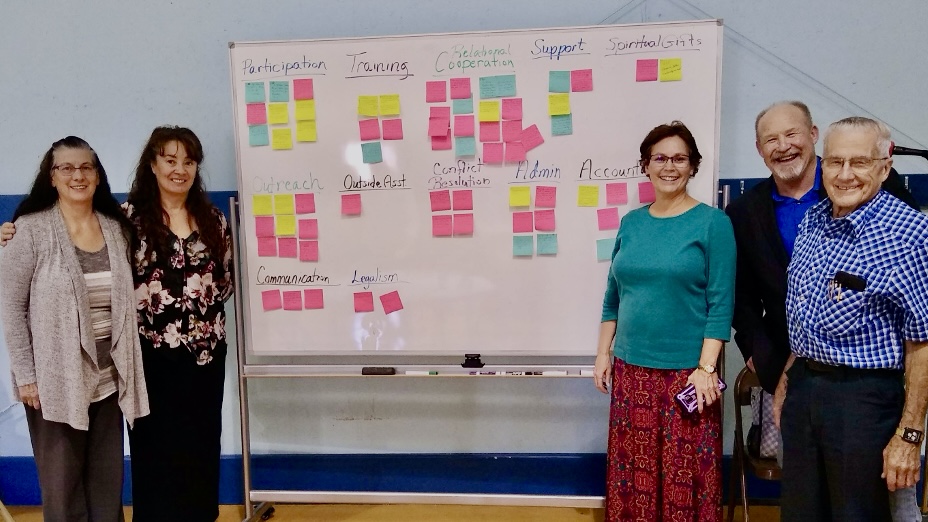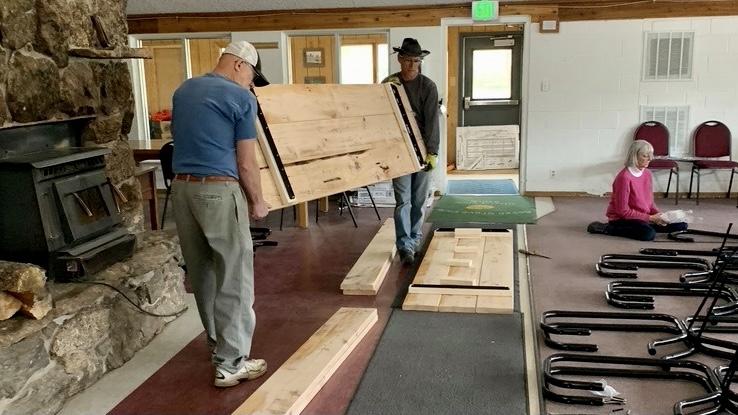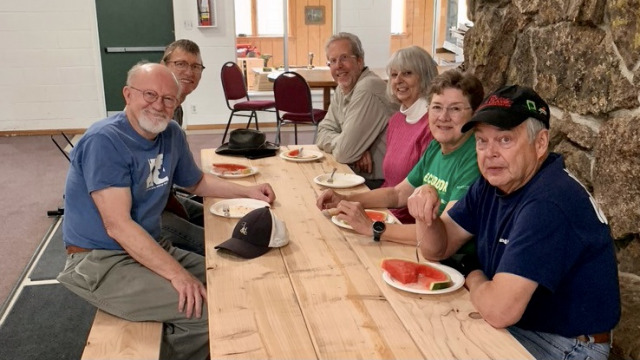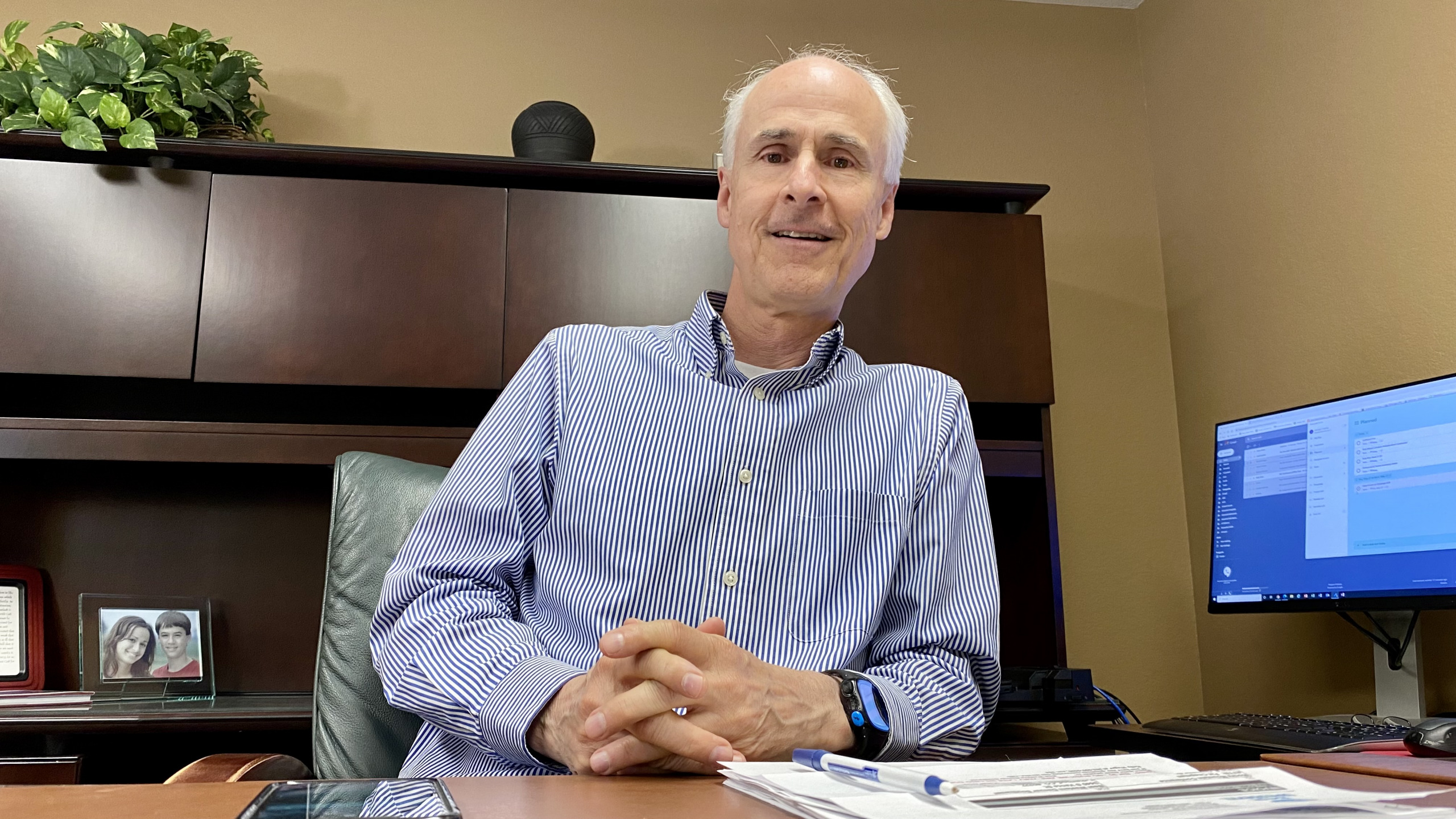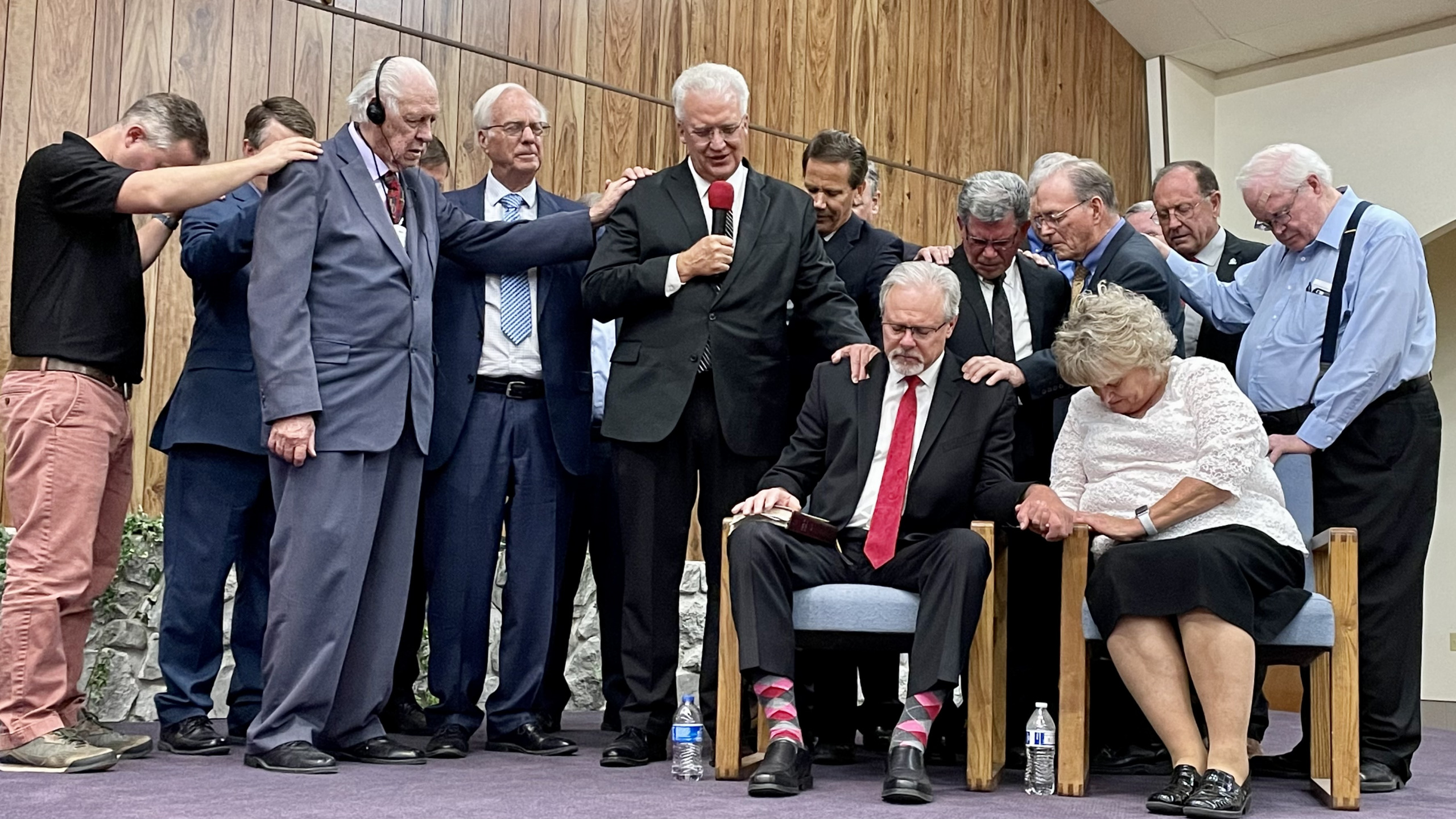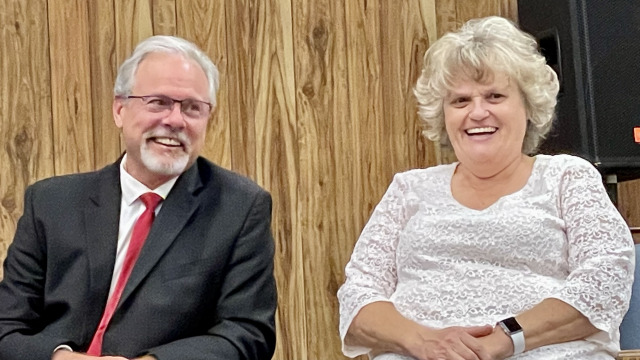By Jerome Hurst — Collaboration is not just a buzzword these days. It is a necessity for successful ministry in today’s world. We live in a world with many challenges, a world in which everyone is looking to see how the church will respond. The truth is, community problems and issues are far too complex for any church, agency, or organization to tackle. It is imperative that the church partner with others in bringing solutions to the issues faced in the communities we serve. “Collaboration is the key that reduces the duplication of our efforts, maximizes the impact of our ministries, and strengthens the credibility of our witness for Christ.”1
The challenge, of course, is not that people are opposed to partnership in principle. Few people we have ever met would say that Christians should not work together. The messages of the Scriptures in support of practical collaboration are clear. Following is just a few:
First Corinthians 12:12, 13: “For example, the body is one unit and yet has many parts. As all the parts form one body, so it is with Christ. By one Spirit we were all baptized into one body. Whether we are Jewish or Greek, slave or free, God gave all of us one Spirit to drink” (GW).
Proverbs 27:17: “As one piece of iron sharpens another, so friends keep each other sharp” (ERV).
Hebrews 10:24, 25: “And let us consider how to stir up one another to love and good works, not neglecting to meet together, as is the habit of some, but encouraging one another, and all the more as you see the Day drawing near” (ESV).
Ecclesiastes 4:9: “Two are better than one, because they have a good reward for their toil” (ESV).
The real challenge is the gap between the stated values and the actual practice of Christian organizations. Unfortunately, many believe that interaction betrays their own biblical distinctiveness. I regret that more than a few of my fellow Seventh-day Adventists fall into that exclusivist mindset.
Invariably, [we] quote Ellen G. White in holding [ourselves] aloof from fellowship with the larger Christian community. It’s true that Ellen White initially was a separatist who shared the “shut door” mentality of ex-Millerite Sabbatarians. But as she matured in her theology over the years, she extended herself into connectivity with the wider Christian community.
For example, in the 1880s, Ellen White joined forces with the Women’s Christian Temperance Union, a group of Protestant prohibitionists. She spoke at their rallies and even recommended that some of our best Adventist talent should work for that organization.2
She gave this additional counsel: “The Lord has His representatives in all the churches.”3 “We should unite with other people just as far as we can and not sacrifice principle.”4
“It should ever be manifest that we are reformers, but not bigots. When our laborers enter a new field, they should seek to become acquainted with the pastors of the several churches in the place. Much has been lost by neglecting to do this. If our ministers show themselves friendly and sociable . . . , it will have an excellent effect, and may give these pastors and their congregations favorable impressions of the truth.”5
“Light has been given to me that there are those with most precious talents and capabilities in the Women’s Christian Temperance Union [W.C.T.U.]. Much time and money have been absorbed among us in ways that bring no returns. Instead of this, some of our best talent should be set at work for the W.C.T.U., not as evangelists, but as those who fully appreciate the good that has been done by this body. We should seek to gain the confidence of the workers in the W.C.T.U. by harmonizing with them as far as possible.”6
I believe that the main reason we have experienced this gap between stated values and actual practice is that most Christian leaders simply do not have the hands-on skills to collaborate. In the remainder of this chapter, I will share, from my personal experience, some tools and techniques that I have used.
Before meeting with those outside our organization, there must be an understanding of self by both the leader and the church. Each leader must confirm God’s calling upon his or her life and on the ministry of the church. In order to reach our community, we, as leaders and church, must love the community. We can never reach a community that we do not love. We will never reach people whom we are unwilling to love. We must see those in the community as people whom God loves, and whom Jesus died for, not merely as potential members of our church.
Find your community’s needs
After looking at the leader and the church, consider the needs of your city and community. Some needs in your city might be obvious, such as a newspaper headline that shouts, “Local Stabbing Connected to City’s Gang Growth.” Some needs in your community may only be a whisper, such as staggering numbers of infant mortality or children suffering from lead paint poisoning. In order to connect with the community, the church members must know the community you want to help and the people groups you need to serve.
You can find information about your community by reviewing the statistical data available at the official US Census website, factfinder.census.gov. This website is filled with various levels of reports. You will find more than population data. There is information about social, economic, and housing characteristics. You can also discover data about how many people are out of work due to disability, how many are divorced, or how many people live below the poverty level, and much more. This information will assist you in the development of your outreach ministry.
Beyond the statistical data, I recommend you speak with individuals who live in the community. Be intentional about taking the time to get to know and understand the community and the people whom you are called to reach. There are simple ways to do this:
• Porch talks. Go house to house in the community and talk with the residents. You can use a survey to direct the conversation.
• Block associations or street clubs. Some communities have groups of people that meet regularly to discuss issues and solutions that pertain specifically to their locale. A representative from the church should hold membership and attend those meetings, and the church could host meetings.
• Community hot spots. Go to the places where people from the community hang out, such as barber and beauty shops, coffee shops, parks, fast-food restaurants, or diners. Just start hanging out with the people and get to know them.
–Jerome Hurst is the senior pastor of the Ethnan Temple Seventh-day Adventist Church in Wilkinsburg, Pennsylvania, and the Community Service and Public Affairs and Religious Liberties director for the Allegheny West Conference; photo supplied.
This article is an excerpt from the newly available book Multiply.
This article was originally published on the NAD Ministerial website.



